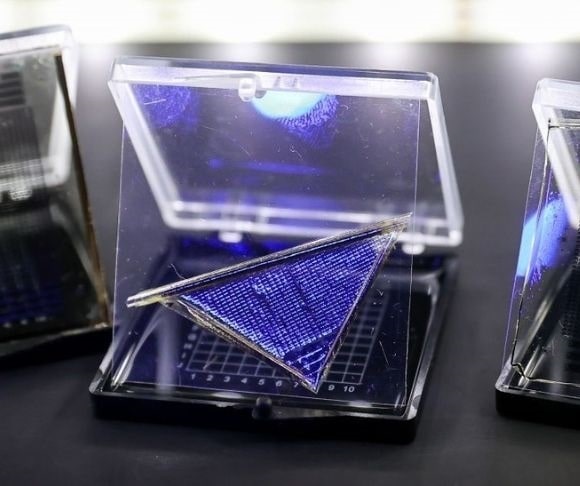Unprecedented shortages of consumer electronics have plagued the United States since the onset of the COVID-19 pandemic. Taiwan Semiconductor Manufacturing (TSMC) has announced plans to increase the prices of its most advanced computer chips by 10%. In comparison, less advanced microchips, like those for automobiles, would increase in price by about 20%. These price hikes, on schedule to begin in December of this year, are already sparking concerns among consumers. Such increases will undoubtedly be passed onto consumers, who have already seen themselves priced out of the current electronics market throughout the global pandemic.

(Photo by Artur Widak/NurPhoto via Getty Images)
Companies like General Motors and Toyota had already announced large production cuts due to ongoing semiconductor shortages for more expensive but essential electronics. The recently announced price increases will likely only exacerbate these issues, making it more challenging for workplaces to return to business as usual in the United States. TSMC hopes that the price increases will help drive down demand for its computer chips from manufacturers. Even now, Americans continue to jump at the chance to purchase new computer parts, automobiles, and video game consoles being sold at more than double their MSRP value in today’s market.
Increased pressure has been placed on the Department of Commerce to promote semiconductor manufacturing in the United States. So far, however, the only long-term plan resides in TSMC’s desire to build a $12 billion plant in Arizona, an initiative announced in early June. Free-market conservatives are beginning to see these constant shortages as examples of a market failure for the United States. Now the question many are asking is whether government intervention in the market is necessary as a matter of national security. The problem has become so severe that the United States Innovation and Competition Act of 2021 (USICA) was passed in the Senate within two months of its introduction in the chamber. The bill proposed increased funding for the Department of Commerce to promote chip manufacturing in the United States, though no new proposals have been made since then.
 In response to the continuing supply shortages overseas, Big Tech is already preparing to try and innovate its way out of the ongoing crisis. However, it is unclear whether these efforts will bear fruit. Companies like Amazon, Apple, and Tesla have begun to contract companies to produce various custom microchips tailored to their own needs. These custom microchips often require less intensive materials and quality control standards compared to existing chips, focusing more on the chip’s ability to mesh well with existing company software. At the same time, these custom microchip buyers continue to rely on established semiconductor manufacturers like TSMC. Ironically, Silicon Valley has mostly forsaken its original reputation for domestic chip production, now focusing more on the software side of technology that some argue has helped exacerbate supply shortages for consumer electronics in the country.
In response to the continuing supply shortages overseas, Big Tech is already preparing to try and innovate its way out of the ongoing crisis. However, it is unclear whether these efforts will bear fruit. Companies like Amazon, Apple, and Tesla have begun to contract companies to produce various custom microchips tailored to their own needs. These custom microchips often require less intensive materials and quality control standards compared to existing chips, focusing more on the chip’s ability to mesh well with existing company software. At the same time, these custom microchip buyers continue to rely on established semiconductor manufacturers like TSMC. Ironically, Silicon Valley has mostly forsaken its original reputation for domestic chip production, now focusing more on the software side of technology that some argue has helped exacerbate supply shortages for consumer electronics in the country.
Currently, everyone can see the problem with the microchip supply chain, but nobody appears capable of meeting the challenge. After all, if it were profitable to increase microchip manufacturing in the United States, wouldn’t somebody have done it by now? The country’s inability to deal with the ongoing crisis has given credibility to predictions that the global chip shortages may continue well into 2023, hampering technological development for the United States while countries in Asia avoid the brunt of the problems with supply. While there is an abundance of blame to go around, one thing is for sure – such catastrophes would have been avoided if not for our reliance on global supply chains.
~
Read more from Jose Backer.




